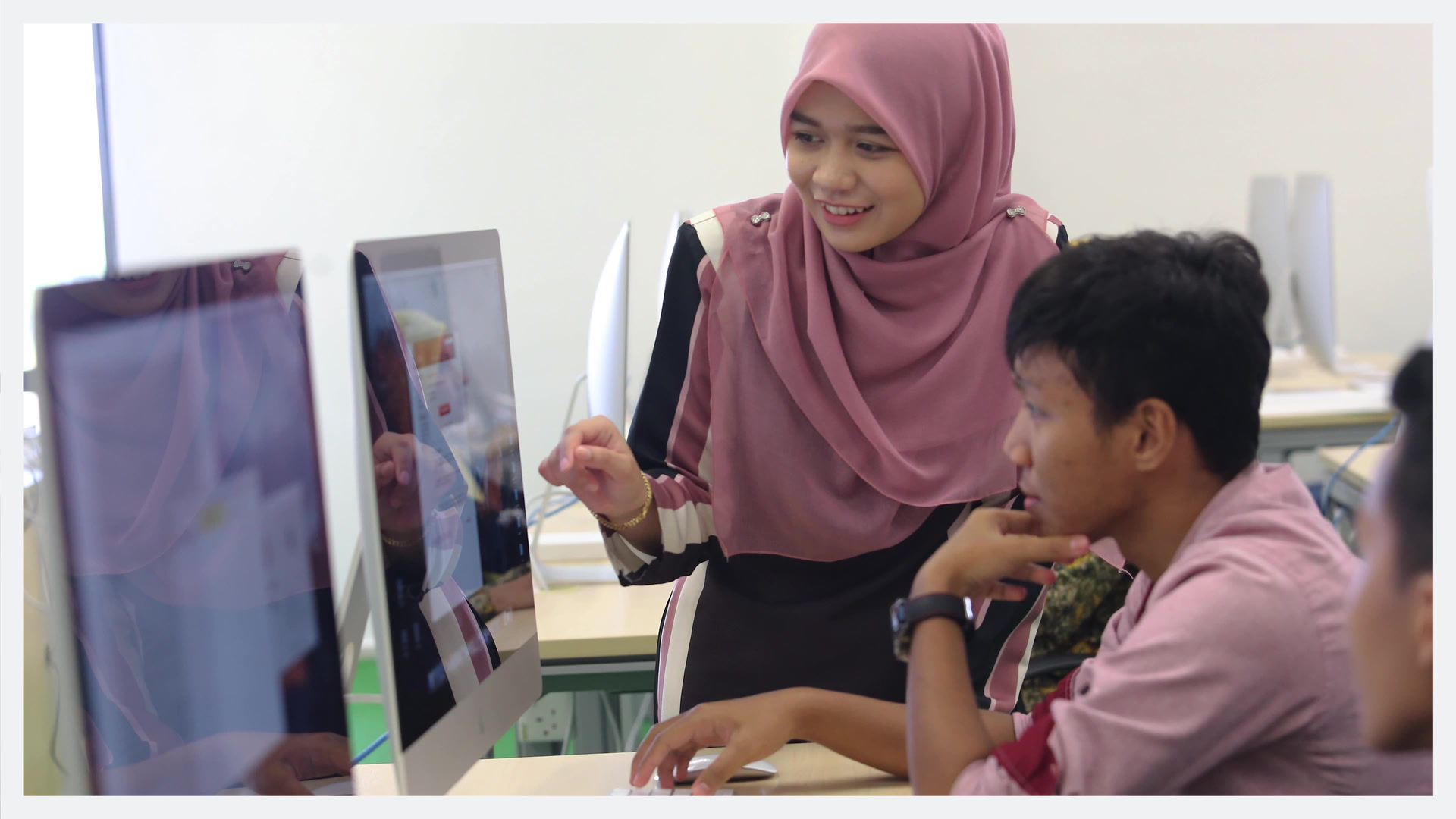Is this the key to preventing deafness in old age?


Get involved with our crowdsourced digital platform to deliver impact at scale
Stay up to date:
Education
This article is published in collaboration with YaleNews.
Hereditary hearing loss can worsen over time and lead to premature deafness. In a new study, a Yale-led research team successfully applied genetic modification to delay inherited hearing loss in mice.
Led by professor of pathology and genetics Gerald S. Shadel, the collaborative research team genetically altered mice to develop a model of hearing loss caused by a defect in mitochondria (specialized compartments within cells). Hearing loss in these mice was found to involve dysfunction in specialized tissues in the inner ear. The research team determined that activation of a stress-response enzyme called AMPK triggered this dysfunction. Genetically reducing AMPK activity (by knocking out one of its genes) had no impact on mice with normal hearing, but delayed or prevented hereditary hearing loss in the deafness-model mice.
While more research is needed, the study results point to possible strategies for preventing or treating deafness associated with mitochondrial dysfunction and aging in people. “This opens the possibility for intervention in humans based on inhibiting AMPK, which is already a drug target for several diseases,” stated Dr. Shadel.
The study was published online by The American Journal of Pathology. Other Yale authors include Sharen E. McKay, Wayne Yan, Jessica Nouws, Maximilian J. Thormann, Abdul Khan, Joseph Santos-Sacchi, and Lei Song. Co-author Nuno Raimundo is from the University Medical Center Goettingen in Germany.
Publication does not imply endorsement of views by the World Economic Forum.
To keep up with the Agenda subscribe to our weekly newsletter.
Author: Ziba Kashef is a senior communications officer at Yale University Office of Public Affairs and Communications.
Image: A scientist conducts genetic research. REUTERS/Herwig Prammer.
Don't miss any update on this topic
Create a free account and access your personalized content collection with our latest publications and analyses.
License and Republishing
World Economic Forum articles may be republished in accordance with the Creative Commons Attribution-NonCommercial-NoDerivatives 4.0 International Public License, and in accordance with our Terms of Use.
The views expressed in this article are those of the author alone and not the World Economic Forum.
The Agenda Weekly
A weekly update of the most important issues driving the global agenda
You can unsubscribe at any time using the link in our emails. For more details, review our privacy policy.
More on Education and SkillsSee all
Gayle Markovitz and Kate Whiting
May 2, 2024
Jean-Claude Brizard
May 1, 2024
Adam Gavin
April 30, 2024
Pedro Rocha e Mello, Anurit Kanti, Rita Lousa and Shankar Keshav Prasad
April 30, 2024






